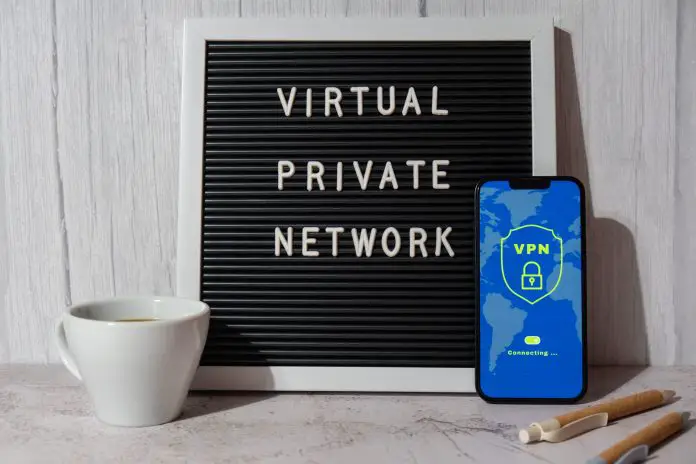Key Takeaways
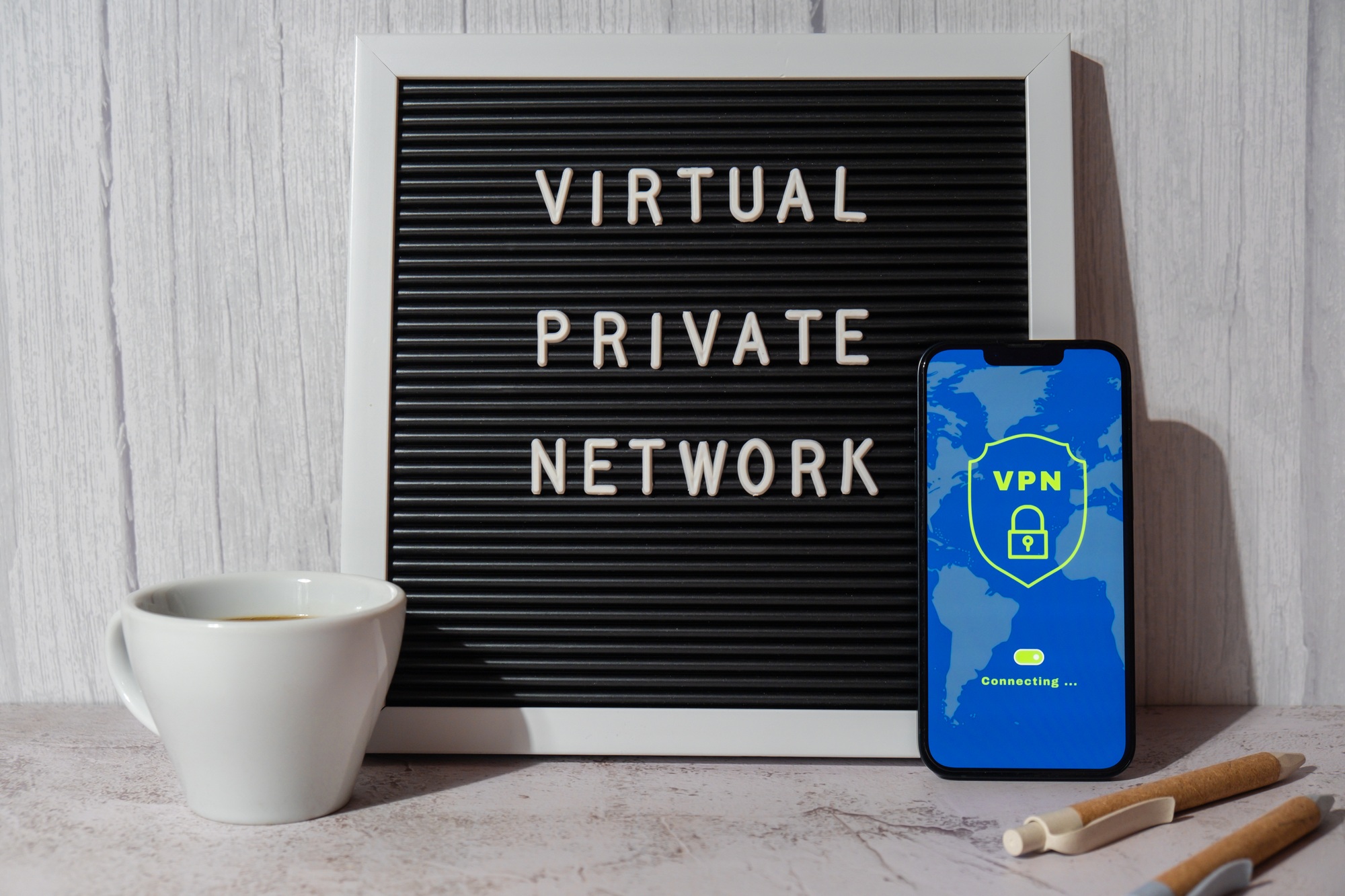
- Definition of VPN: A Virtual Private Network (VPN) creates a secure connection between your device and the internet, enhancing your online privacy and security.
- Importance of Encryption: VPNs encrypt your internet traffic, ensuring that sensitive data remains protected from hackers, especially on public Wi-Fi networks.
- IP Masking and Anonymity: By masking your IP address, VPNs prevent third parties from tracking your online activities, thereby maintaining user privacy.
- Access to Geo-Restricted Content: VPNs allow users to bypass geographical restrictions, enabling access to a broader range of resources and markets critical for small businesses.
- Different Types of VPNs: Two main types include Remote Access VPNs for individual users and Site-to-Site VPNs for secure connections between multiple office locations.
- Choosing the Right VPN: When selecting a VPN service, prioritize features like strong encryption standards, no-logs policy, high-speed connections, multi-device support, and reliable customer support.
In today’s digital world, privacy and security are more important than ever. With cyber threats lurking around every corner, you need a reliable way to protect your personal information. That’s where a VPN comes in. But what exactly is a VPN, and why should you care?
A Virtual Private Network, or VPN, creates a secure connection between your device and the internet. It encrypts your data, making it nearly impossible for hackers or prying eyes to access your online activities. Whether you’re browsing at home or using public Wi-Fi, a VPN ensures your information stays safe. Understanding how a VPN works can empower you to take control of your online presence and enhance your digital security.
What Is a VPN?

A Virtual Private Network (VPN) enhances your online privacy and security by creating a secure connection between your device and the internet.
Definition and Purpose
A VPN focuses on protecting sensitive data transmitted over networks. It encrypts your internet connection, securing your online activities from eavesdroppers, especially when using public Wi-Fi. This technology is crucial for small businesses that rely on remote work or manage sensitive information. By utilizing a VPN, you minimize risks related to data breaches and unauthorized access, ensuring both your business operations and client information remain protected.
How It Works
A VPN operates by routing your internet traffic through a secure server. This process involves the following steps:
- Encryption – Your data gets encrypted before it leaves your device, making it unreadable to anyone who might intercept it.
- Tunneling – A secure tunnel is established between your device and the VPN server, safeguarding your data as it travels over the internet.
- IP Masking – The VPN masks your IP address, replacing it with the server’s IP address. This action enhances your anonymity online, preventing tracking by websites and advertisers.
- Access Control – You gain access to geo-restricted content and resources, which is beneficial for small business operations that require information from different locations.
Understanding these elements allows you to leverage VPN technology effectively, strengthening your business’s cybersecurity posture.
Benefits of Using a VPN
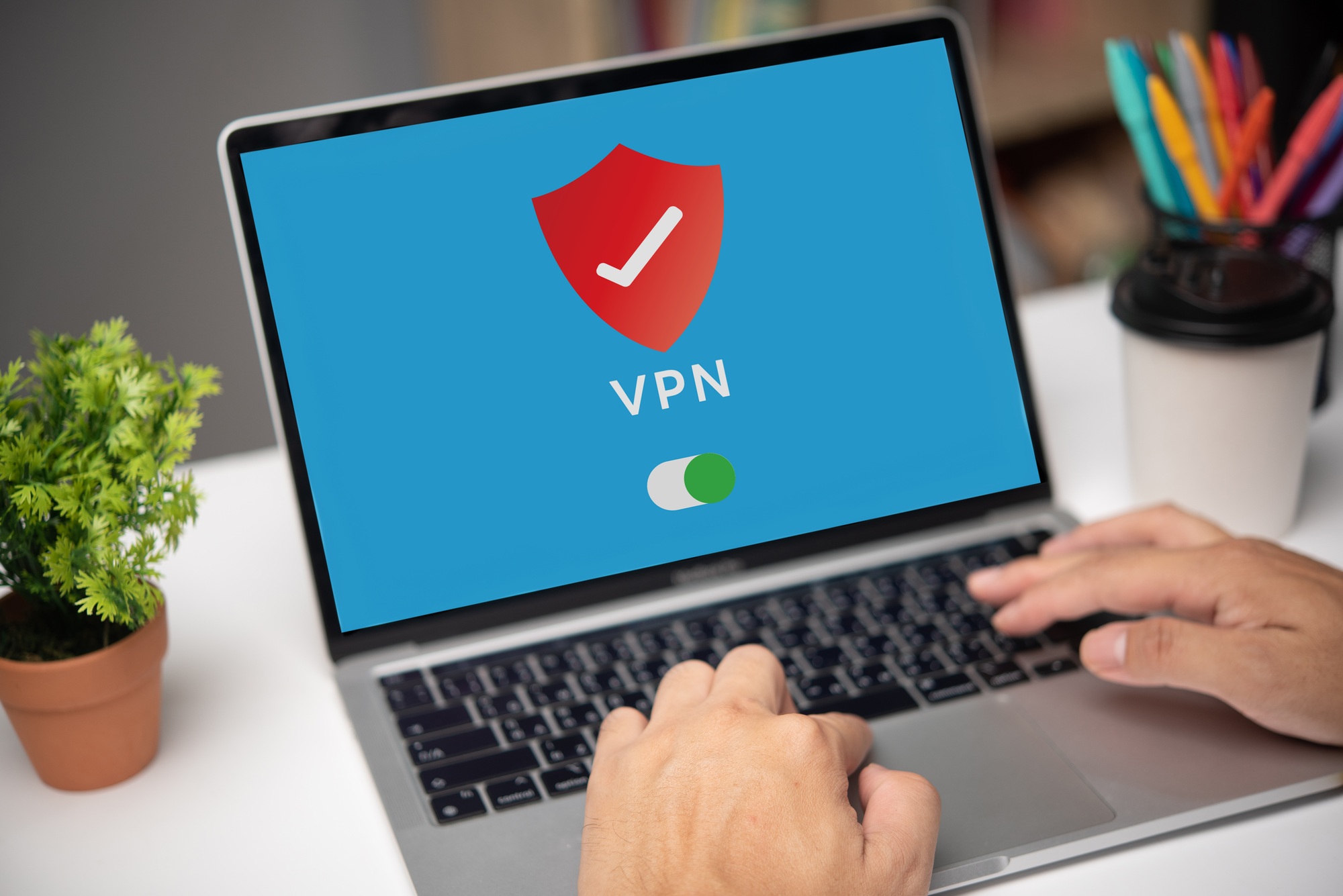
Using a VPN offers numerous advantages that can enhance your small business’s cybersecurity and online presence. Here are key benefits:
Enhanced Security
VPNs ensure robust security measures, particularly crucial for small businesses. When working with sensitive data, like client information or financial records, VPNs encrypt your internet traffic. This added protection is vital, especially when accessing public Wi-Fi networks that are often vulnerable to hackers.
Privacy Protection
VPNs help maintain privacy by masking your IP address, making your online activities more difficult for third parties to track. By using a VPN, small businesses can shield their online communications from unauthorized access. This technology secures both your company data and your customers’ information, fostering trust and confidence.
Accessing Geo-Restricted Content
VPNs enable access to content that may be restricted in your location. For small businesses with a global reach, this capability can be invaluable. You can connect to servers in various countries, allowing you to access international markets, research competitors, and view region-specific online services without restrictions.
Types of VPNs
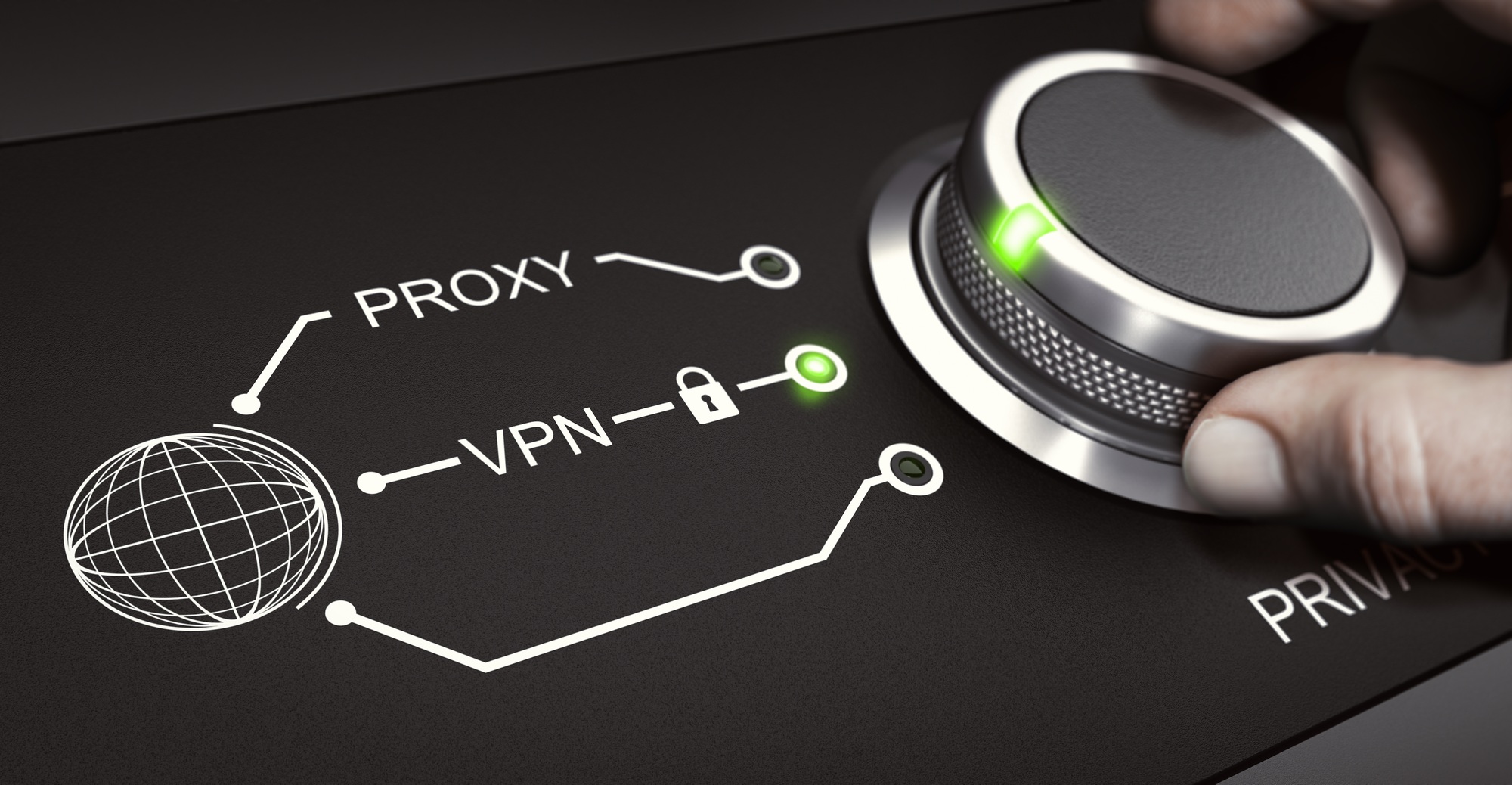
Understanding the types of VPNs helps you determine which solution best fits your small business needs. The two main categories include Remote Access VPNs and Site-to-Site VPNs.
Remote Access VPN
A Remote Access VPN allows individual users to securely connect to your organization’s network from any location. This is crucial for small businesses with remote employees who need access to internal resources while working off-site.
The VPN client software on the user’s device creates an encrypted tunnel to the VPN gateway. This setup ensures data transmission remains secure over public networks, protecting sensitive information from unauthorized access. Using a Remote Access VPN can enhance employee productivity while maintaining your organization’s security protocols.
Site-to-Site VPN
A Site-to-Site VPN connects multiple office locations securely over the internet. This type allows entire networks to communicate with one another, making it highly effective for small businesses with multiple branches.
Each location has a VPN gateway that encrypts the data before sending it across the internet. This encryption protects your business data while fostering collaboration among different teams. In a world increasingly reliant on technology, implementing a Site-to-Site VPN ensures seamless and secure communication across your organization’s infrastructure.
Choosing the Right VPN Service

Choosing the right VPN service is crucial for small businesses looking to enhance their security and privacy. With numerous options available, it’s important to evaluate VPN providers based on specific features and reliability.
Key Features to Consider
- Encryption Standards: Look for VPNs that use strong encryption protocols such as AES-256. This level of encryption ensures data remains secure against cyber threats.
- No-Logs Policy: Select VPNs that maintain a strict no-logs policy. This practice ensures that your online activities aren’t tracked or stored, enhancing privacy.
- Connection Speeds: Assess the performance of the VPN. High-speed connections prevent frustration and ensure smooth operations, especially during video conferences or heavy data transfers.
- Multi-Device Support: Opt for VPNs that support multiple devices. This allows your team to connect securely from various devices, enhancing flexibility and remote work capabilities.
- Customer Support: Evaluate the quality of customer support. Reliable 24/7 support can be crucial if your team encounters technical issues, ensuring minimal disruptions to business operations.
Popular VPN Providers
- NordVPN: Known for its robust security features and high-speed connections, NordVPN is a popular choice for small businesses.
- ExpressVPN: Offering a user-friendly interface and strong encryption, ExpressVPN provides reliable protection and fast performance.
- CyberGhost: With a focus on privacy and user experience, CyberGhost is ideal for small businesses looking for an easy-to-use VPN solution.
- Surfshark: Surfshark offers unlimited connections and strong security features, making it suitable for small teams.
- Private Internet Access (PIA): PIA is notable for its customizable privacy settings and competitive pricing, appealing to cost-conscious small businesses.
By prioritizing the key features and exploring popular VPN providers, you can select the best VPN service to empower your small business with enhanced security and online privacy.
Conclusion
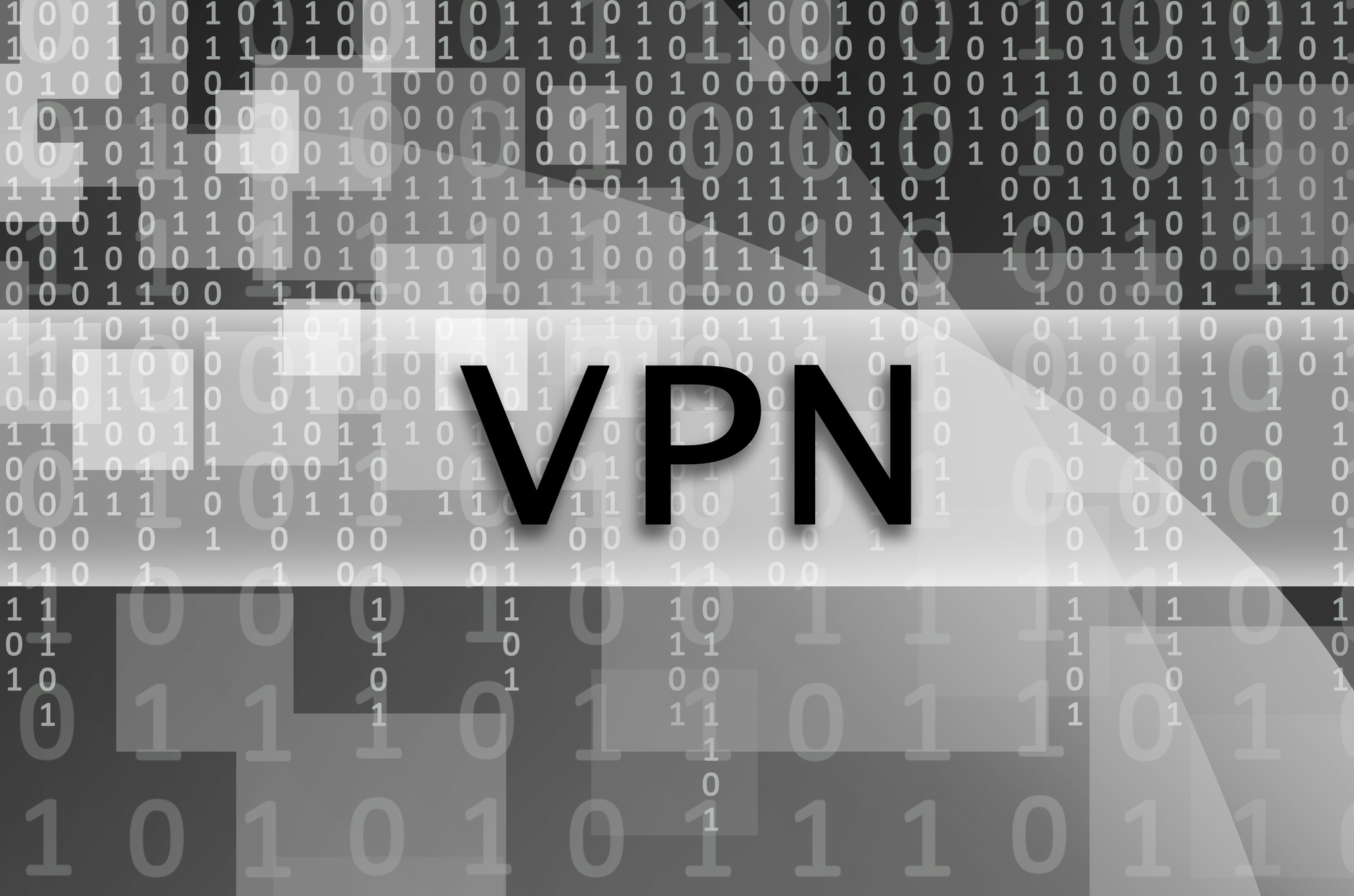
Embracing a VPN is a smart move in today’s digital landscape. It not only secures your online activities but also enhances your privacy and protects sensitive information. Whether you’re a small business owner or simply someone who values online security, understanding how a VPN can benefit you is essential.
With the right VPN service, you can confidently navigate the internet while minimizing risks associated with cyber threats. By prioritizing your digital safety, you can enjoy a more secure online experience, knowing that your data remains private and protected.
Frequently Asked Questions
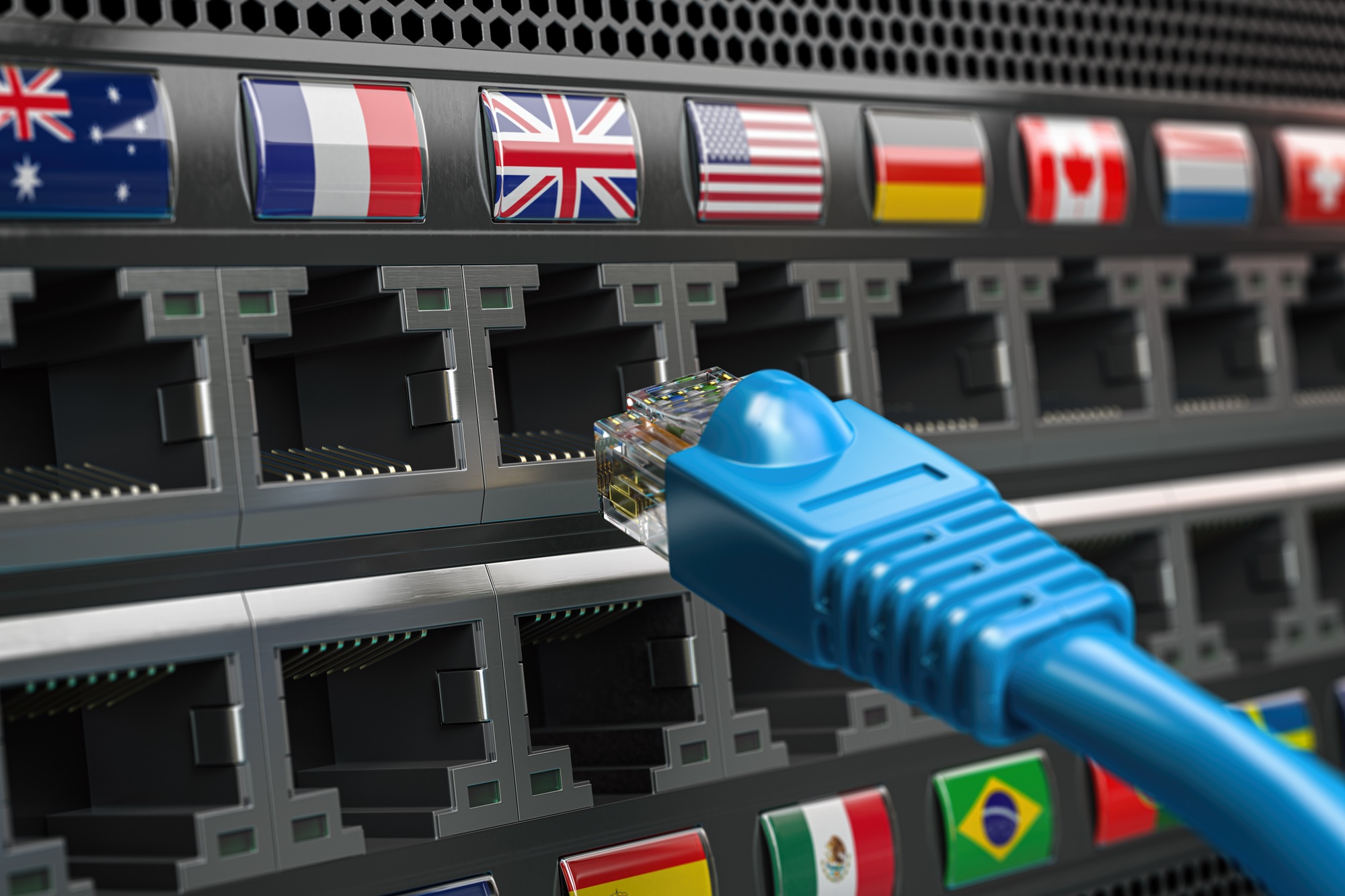
What is a VPN and why is it important?
A VPN, or Virtual Private Network, creates a secure connection between your device and the internet by encrypting your data. This is crucial in protecting your online activities from cyber threats, keeping your sensitive information secure, especially when using public Wi-Fi.
How does a VPN protect my privacy?
A VPN protects your privacy by masking your IP address and encrypting your internet traffic. This shields your online communications from unauthorized access, allowing you to browse safely and maintain anonymity while online.
What are the benefits of using a VPN for businesses?
Using a VPN for businesses enhances security by encrypting traffic, protects sensitive data, fosters trust with customers, and allows access to geo-restricted content. It also facilitates secure remote access for employees, improving productivity.
What are the types of VPNs available?
The main types of VPNs are Remote Access VPNs and Site-to-Site VPNs. Remote Access VPNs allow individual users to connect to a company’s network from anywhere, while Site-to-Site VPNs securely connect multiple office locations, enabling effective network communication.
How do I choose the right VPN service for my business?
When choosing a VPN service, consider key features like strong encryption (e.g., AES-256), a no-logs policy, connection speeds, multi-device support, and customer service. Selecting a reliable provider ensures enhanced security and better online privacy.
Can a VPN help with accessing geo-restricted content?
Yes, a VPN allows users to access geo-restricted content by masking their IP address. This lets businesses and individuals browse websites and services that may be unavailable in their location, connecting them to global markets and resources.
Image Via Envato: maxxyustas, Mehaniq41, iLixe48, Olivier_Le_Moal, donut3771, DC_Studio, yanishevskaanna


